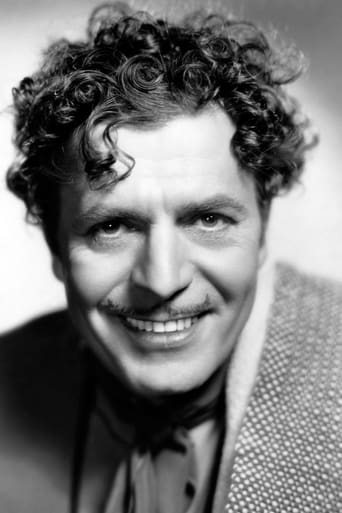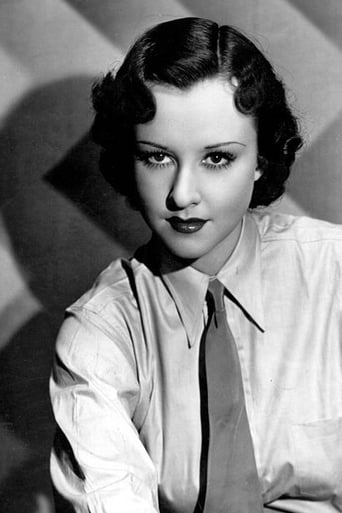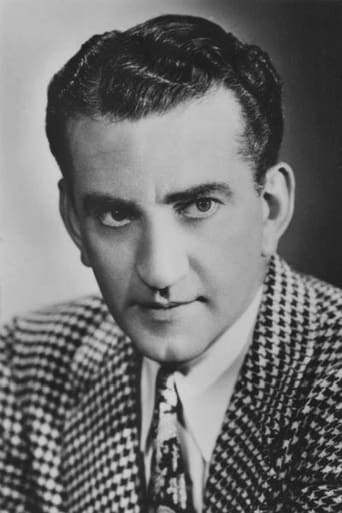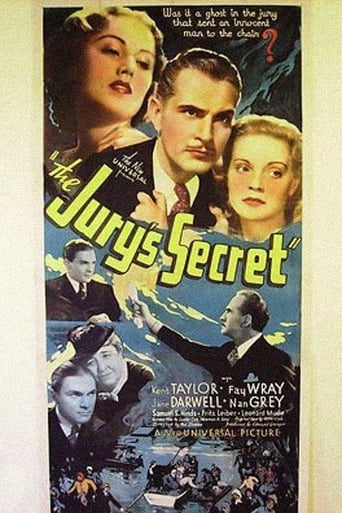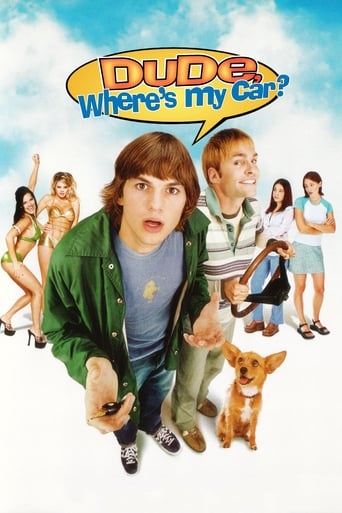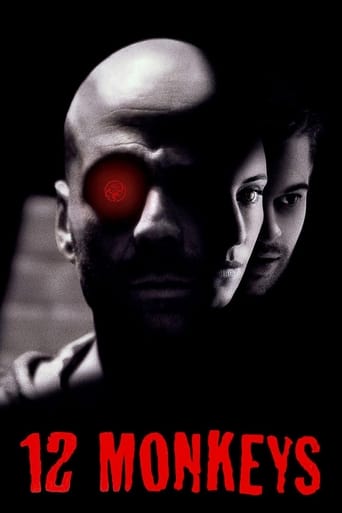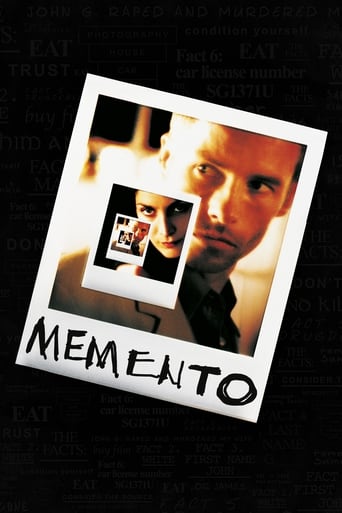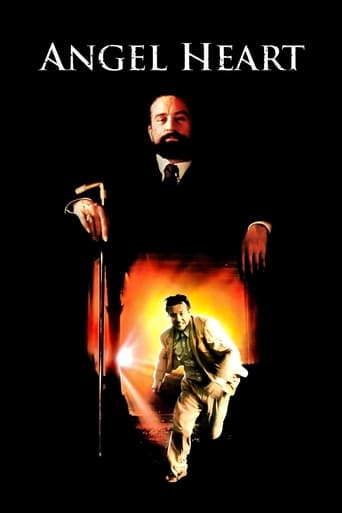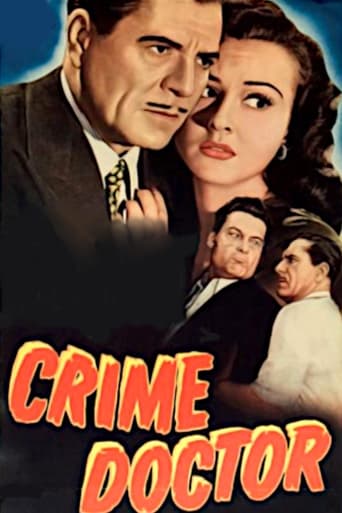
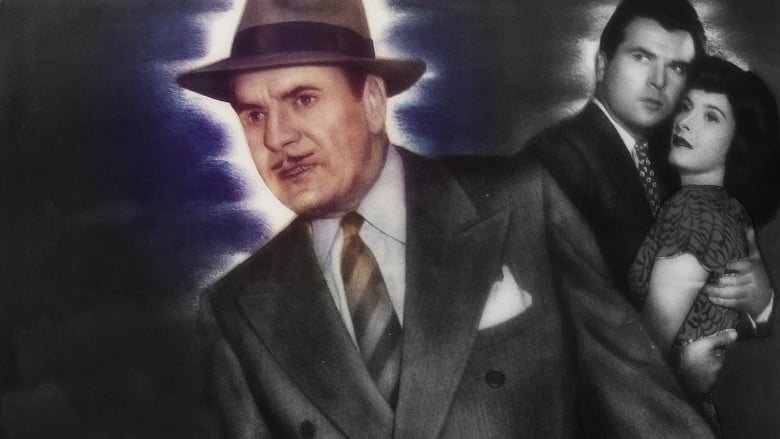
Crime Doctor (1943)
Robert is found beside the highway with a head injury and amnesia. His amnesia motivates him to become a Physician and the country's leading criminal psychologist.
Watch Trailer
Cast


Similar titles
Reviews
When Warner Baxter won an Academy Award for his performance in "In Old Arizona" he embarked upon a solid career that only faltered at the beginning of the 1940s when he was off the screen for two years due to a nervous breakdown. He returned as the Crime Doctor, a popular CBS radio series bought to the screen by Columbia. Ray Collins (who in this movie played Dr. Carey) was radio's Dr. Ordway but Columbia was thrilled to sign Baxter, once one of the most prestigious and best actors in Hollywood. Baxter was never happy with the series (but it was definitely one of the better ones) - he hoped it would pave the way for character parts but unfortunately (for him) the series provided the bulk of his employment for the rest of his days. This was an excellent introduction to the series as it traced the origins of the "Crime Doctor".A man is bought to the hospital assumed to be the victim of a hit and run but in reality he has been thrown from a moving car. He is suffering from amnesia and takes the name Robert Ordway from the hospital wing he is bought to. Taken under the wing of kindly Dr. Carey, he believes that the only way he can get to the truth of who he is, is to become a doctor himself and ten years later, as Dr. Ordway, he has the reputation as one of the nation's most renowned psychiatrists. He has never stopped searching for his identity and a thug by the name of Caspari (John Litel) may know the answer - he seems to have an unhealthy interest in the doctor.Helping Robert is a social worker, Grace Fielding (the always welcome Margaret Lindsay) who decides to follow Caspari after he pays a particularly nasty visit to the confused doctor. This is a tightly paced crime drama - it turns out Robert is in reality Phil Morgan, mastermind of a jewelry heist ten years before. Only he knows where the money is but a crack on the skull by Caspari causes him to lose his memory and he is tossed from a moving car because his accomplices believe him dead. As Dr. Ordway he is given the job of Governor of Parole after his inspiring work with a returned serviceman in prison for manslaughter (Leon Ames) but another voice from his past causes him to have a breakdown and realise his past life. A re-enactment of the events leading up to his hospitalization forces him to remember the hiding place for the stolen money and the ending sees his acquittal by a jury so he can continue his sterling work.Margaret Lindsay had just finished a sleuth series of her own, "Ellery Queen" but unfortunately she only appeared in the first of the Crime Doctor films. I am sure I spotted Bruce Cabot as a background extra in the nightclub scene.
... as well as the Great Depression as a two front war with everything at stake yields bigger fish to fry. This is what this first film in the Crime Doctor crime/mystery series represents in the person of Dr. Robert Ordway (Warner Baxter).The movie opens with a car speeding along the road with a sign referring to the presidential campaign of 1932. The car slows down and an unconscious man is dumped from the vehicle that then speeds off again. Next we see the man without an identity recovering in the hospital with no memory of who he was before. The nurses dub the mystery man Robert Ordway after the wing of the hospital in which he is staying. Kindly Dr. John Carey (Ray Collins) works with Ordway after he is discharged to help him recover his memory, but no association -not even going through the phone book name by name - yields results. A check of his fingerprints with police records also turns up nothing. Of course, all that proves is that Ordway was clever enough to never be arrested, not that he wasn't a criminal. With all of the time he's spent with the good doctor, Ordway has developed an interest in medicine, and with he and Dr. Carey agreeing that the unmasking of his identity is something that he should no longer hope to have solved in the near future, he decides to study medicine himself and specialize in psychiatry.So Ordway starts out as a freshman in college in his early 30's, with his studies requiring the next ten years of his life. The world changes a great deal in the next ten years - Prohibition ends, the Depression eases, and World War II begins. In all this time Ordway is no closer to recovering his identity. As he begins to practice medicine, he spends a great deal of time working with convicts at the prison. He's drawn here because he wants to do some good but also because he hopes that someone there will recognize him and help him reclaim his memory. In the back of his mind he's got to know that nobody gets dumped as he did from a speeding automobile in 1932 without the high probability that he was somehow mixed up in crime.There's a complicating factor too. Ordway has become involved with an attractive young woman who works with female ex-cons - Grace Fielding (Margaret Lindsay). At this point, Ordway doesn't even know if he has a wife out there somewhere, so he can't make plans with Grace until he knows his true marital status. How will all of this work out? Watch and find out.This first in the series was probably never intended to be anything other than just one film, so this movie wraps up in a self-contained kind of way that will leave you wondering what ever happened to this or that character if you watch the whole series. It was a big hit, so Columbia released a whole series featuring the Dr. Robert Ordway character, always starring Warner Baxter, over the next seven years. The rest of the series focuses not so much on Ordway's life as it does on some mystery Ordway has wandered into and how he solves it, but in this first film the mystery is Ordway himself. Who is he really? And if he recovers his memory and the news is bad - will remembering alone make him a criminal all over again? Does a man need a clean slate of a mind to really have a clean slate? Interesting material done in the quick spartan way required by poverty row Columbia's budget, but done well all the same.
This film is much better than what one might expect, given the studio that made it and the other films of this type put out at the time. Warner Baxter was a good actor, the supporting cast is able, and the writing is taut, uncomplicated and well-done. Direction, lighting and photography are professional. In short, there are few, if any, faults, and the film is well worth a watch. Leon Ames makes an early appearance in a somewhat far fetched sequence involving the rehabilitation of a hardened, bitter convict, but this is a minor, minor flaw in an otherwise very well constructed film. As another reviewer wrote, there are, thankfully, no dumb cops or simple minded assistants, just a well thought out plot and good acting.
With the exception of the Rathbone and Bruce Sherlock Holmes series, this is quite possibly the best of the 'mystery' series of the 30s and 40s. The series begins with this movie as Phil Morgan, master criminal, is double crossed by his gang, beaten and dumped along a roadside. As a result, he suffers from amnesia. This movie, the first of the series, establishes The Crime Doctor's background, explains how and why he became a doctor (a psychiatrist, actually), head of the parole board and helped many convicts find the 'straight and narrow'. The element that makes this movie and the series in general unique is that it relies on psychiatry and the tendencies of the mentally ill. They often tease you by inserting an obviously unbalanced person and although the plot may lead one to believe that person is the "perp" they may or may not be the actual "perp". Because psychiatry was relatively new and often misunderstood, it provided general insight to the subject. In many ways, the series has yet to become dated although the psychological concepts may appear to be fairly basic nowadays.A series of factors make this movie series much more enjoyable than others such as The Lone Wolf, Boston Blackie or Bulldog Drummond. The first is the consistency. The quality of the stories in all ten movies remains high throughout the series where the stories of other series tend to deteriorate into standard potboilers after the studio has captured the audience's interest. Second, the same actor plays the lead character in all of the movies. Third, the quality of the supporting cast is exceptional throughout the series. Some of the more recognizable supporting cast includes John Litel, Ray Collins, Harold Huber, Barton MacLane, Jerome Cowan, Reginald Denny, Eduardo Ciannelli, Nina Foch, George Zucco, Ben Weldon, Hillary Brooke, William Frawley, Ellen Drew and last, but far from least, a very young Lois Maxwell who played Miss Moneypenny in at least 15 James Bond films.However, over the six years the series was shot, one can easily see Baxter's health deteriorating.


